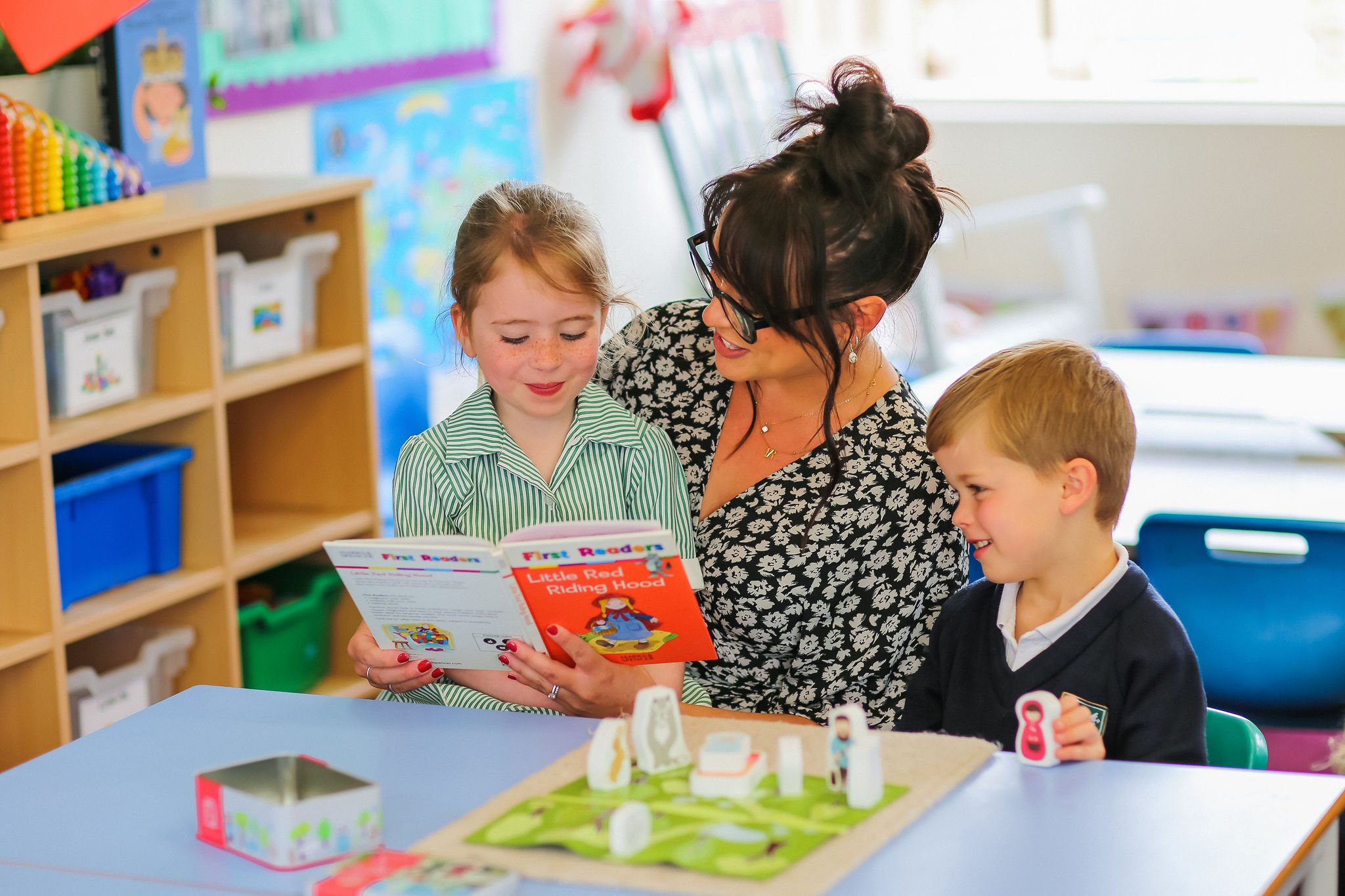Students returning to school on 8th March is a huge relief for many, and is a significant step on the path towards a new ‘normality’. Here at our private primary school in Devon, we can’t wait to see all our pupils safely returned to us!
However, with so many changes in the past year, not all students may look forward to returning to school. For some, it can cause anxiety and may feel overwhelming. We look at why this could be and how you can help support your child should they feel this way.
Why Might Your Child Feel Anxious?
There are many reasons why a child may feel apprehensive about returning to school on 8th March.
Most of us will agree that the past year has felt unstable, to say the least, and children can feel this uncertainty too. With many changes between children being home-schooled, they may feel a sense of distrust.
For some, the break from the school classroom may have worked positively for them if they already had anxieties about the school environment. Having to return to school may flare up previous worries that might have been overlooked while at home.
Age can also play a role. Older children may adjust to the change of routine better than younger ones who haven’t quite had the opportunity to settle into school life yet.
Other children may just feel settled learning from home. In this case, returning to school may cause anxiety if they are young and feel attached to home life.
For some, the fear of the pandemic may be playing on their mind and they want to stay close to their family at home.
Each child’s lockdown circumstance will differ from their peers depending on their home life. Why your child feels worried will be unique to them and based on their experience over lockdown and their relationship with the school before the pandemic. Whatever their worry may be, it is a valid concern.
How You Can Help
The pandemic has forced us to face a new set of circumstances that we haven’t had to try and navigate before. Fortunately, you can do a few things as a parent to support your child through this transition; we offer some tips.
Lead By Example
Children look up to the adults in their life for guidance, whether it is directly asking questions or merely mimicking their reactions. How we behave in front of our children is used as a form of reference when they are faced with similar issues.
With this in mind, it is important to remember that we are role models and we can use this as an advantage for our children.
When discussing any of your own anxieties, try to be mindful of how your child may interpret your reaction. As you discuss the subject, ensure you remain calm. If you don’t, wait until you feel calmer before discussing.

Talk Positively and Openly
Try to talk about school reasonably frequently, in a positive manner. However, don’t overemphasise the conversation and keep it lighthearted, so it doesn’t seem like a big deal to your child. Instead, it should come across as a natural progression.
Where possible, you could perhaps discuss some positive memories associated with the school. This could be time spent with their friends or an achievement that they are proud of. Try to keep the conversation open for them to chip in when they feel like it. It will help them think of positive experiences on their own and keep up the rapport with you.
Listen and Validate your Child’s Feelings
When your child speaks to you or reaches out to you about their feelings, make sure you listen. Try not to have any distractions around, such as a work phone or the TV on. Show them that they have your full attention and you are there to help them solve the issue.
Let them know that you hear and understand what they’re saying, and it is an understandably challenging situation.
Think Long Term
However, try not to overdo it when offering reassurance.
Admittedly, it will help to relieve their anxiety initially. However, it is also essential to help your child figure out how they can support their anxiety should it arise on their own.
In the long run, it will make it harder for your child when they have to deal with the situation on their own while at school. Asking them questions to help them reassure themselves can be a better approach.
For more information about the importance of teaching resilience, read our blog below!
Introduce Routine In Advance
In the week leading up to the return to school, try to familiarise your child with a school morning schedule, so they don’t feel overwhelmed on the day.
Include the usual parts of the morning routine at the correct times, such as getting up, having breakfast, cleaning teeth and getting dressed. Ensure they are told of any collection arrangements in advance, too, if you aren’t the adult collecting them from school.
Preparation is vital, and the more they know about what to expect, the more confident they will feel when they go back to school.
However, this needs to be done tactfully and you should be careful not to overload them with information as this can cause a feeling of pressure. Instead, slowly introduce any changes each day. For more tips on perfecting the morning school routine, take a look at the advice in our blog:
Get In Touch With Friends
Integrating your child with their friends is another way to help ease anxieties. As soon as they are in the presence of those they trust, you will see many concerns slip away as they become distracted by their friends.
Whether you set up a zoom call or see them in the local park, at a safe distance, it is sure to relax your child and ignite a spark of excitement when they know they will soon be in the company of their friends at school.

Contact School
If you are concerned about how your child is coping with anxiety as they return to school, you can always contact your school for further advice.
A meeting with a teacher can help you develop a strategy to help with the anxiety.
Maintain the Basics
A stable foundation will help your child interpret unsettling situations. Where possible, make sure that they are keeping on top of the basics. This includes things like eating healthily, having regular bedtimes, going outside, exercising and just generally talking! Not only is it healthy, but it also helps to promote self-awareness and encourages your child to develop feelings of self-esteem and show them that they can do it!
Each family will have their own way of coping with the pandemic changes, and it is important to be proud of yourself during this challenging time.
Our pupils’ welfare is our priority. If you are concerned about your child returning to our school, please feel free to contact us with any of your worries.
If you would like to know more about our private prep school opportunities, contact us to discover how St Peter’s Prep can support your child in creating a successful future.











